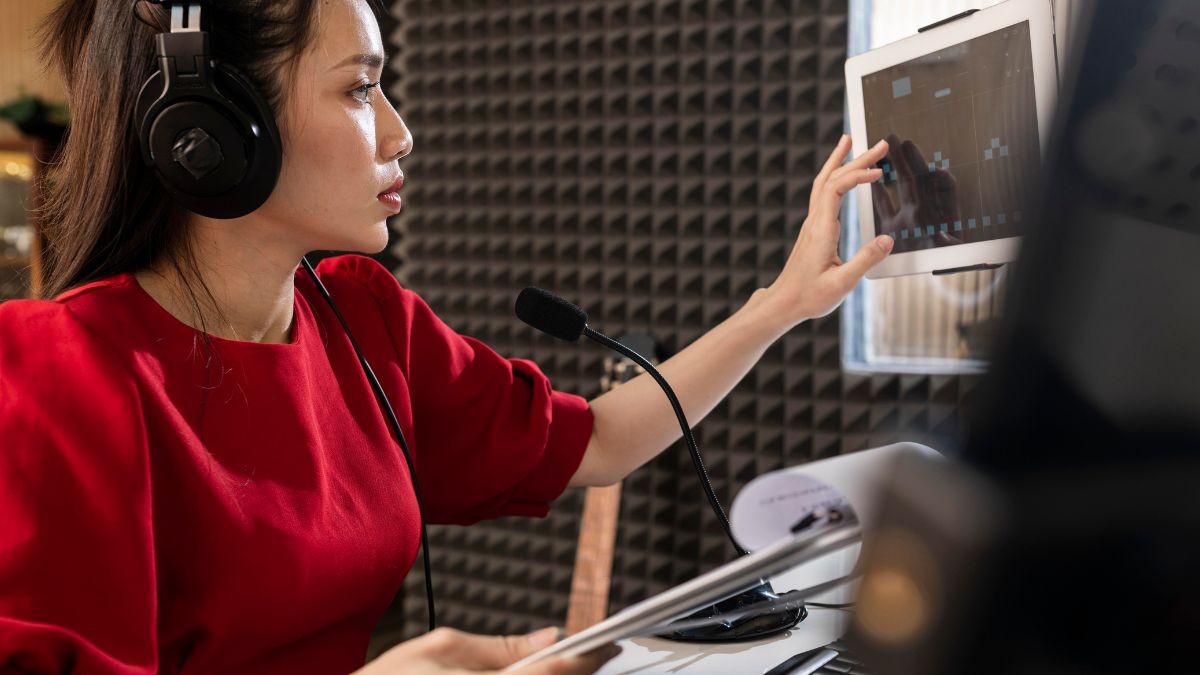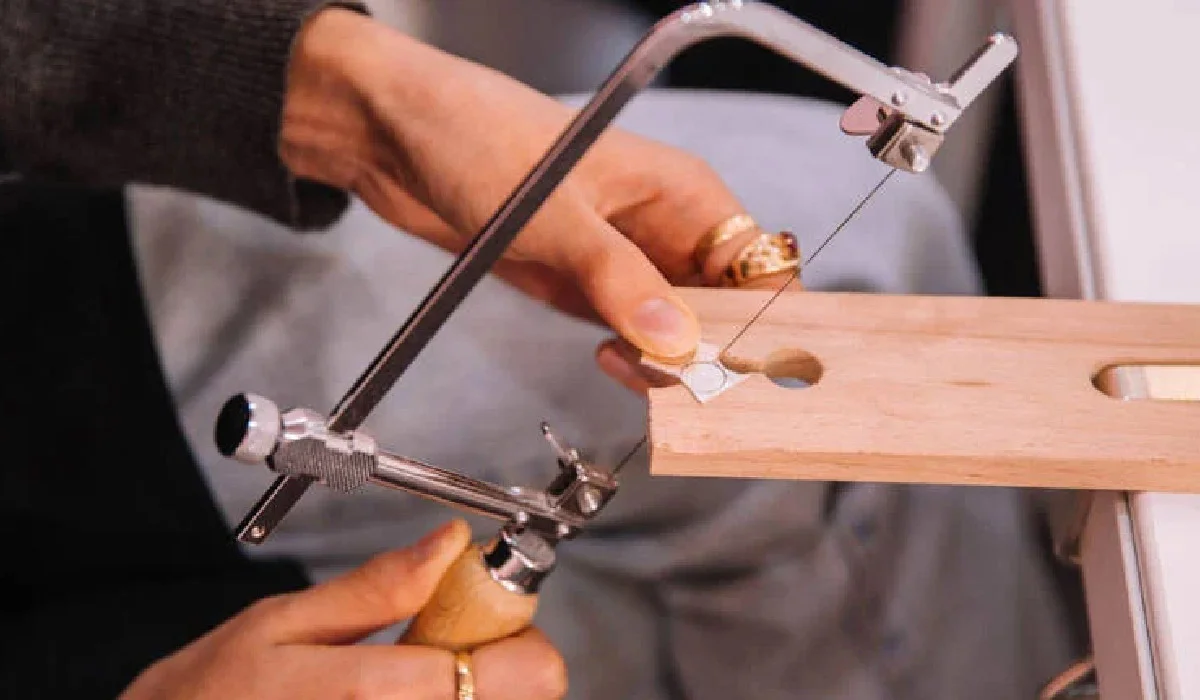Tattoos in India Tattoo are far more than just ink on skin—they are vibrant expressions of identity, heritage, spirituality, and rebellion. From ancient tribal markings and religious symbols to the booming modern tattoo industry, the evolution of tattoos in India tells a fascinating story of tradition meeting transformation. This article explores the rich history, cultural significance, contemporary trends, and the booming tattoo industry that is shaping India’s artistic identity today.
The Ancient Roots of Tattooing in India
Tattoos have existed in India for centuries, embedded in the fabric of numerous tribal and rural communities. Known traditionally as “Godna”, tattooing was not just decorative but deeply symbolic.
- Tribal Significance: Many tribal groups in states like Madhya Pradesh, Jharkhand, Odisha, Chhattisgarh, and Rajasthan use tattoos as a rite of passage, a marker of marital status, or a connection with the divine. For instance, the Baiga tribe of Central India uses intricate tattoos to beautify the body and prepare the soul for the afterlife.
- Rural Customs: In parts of Bihar and Uttar Pradesh, older women often display tattoos on their arms and faces. These markings reflect caste, social standing, or even beliefs in warding off evil spirits.
- Religious Tattoos: Hinduism and other religions have long embraced body art. Devotional symbols such as the Om, Trishul, Swastika, or deities like Lord Shiva and Kali are common.
Thus, the tradition of tattooing in India is not a modern import—it is deeply entrenched in the country’s cultural history.
Symbolism and Spirituality
In many Indian cultures, tattoos were believed to serve spiritual or supernatural purposes. They were:
- Protective: Tattoos acted as talismans, safeguarding the wearer against evil eyes and misfortune.
- Spiritual: Symbols like the lotus, third eye, or sacred syllables like “ॐ” were considered channels of divine energy.
- Social Identity: In communities where oral tradition reigned supreme, tattoos told stories of ancestry, tribal affiliations, and social roles.
This spiritual dimension still survives today, with many modern tattoos echoing ancient meanings.
The Rise of Modern Tattoo Culture in India
India’s urban centers have witnessed a dramatic shift in tattoo perception. No longer seen as taboo or confined to rural folk, tattoos have exploded into mainstream culture, especially among millennials and Gen Z.
Urban Expression and Individuality
Tattoos in cities like Mumbai, Delhi, Bangalore, Pune, and Hyderabad have become expressions of:
- Individuality: People now choose tattoos to tell their own stories—about love, heartbreak, loss, passion, or beliefs.
- Fashion: For many, tattoos are a style statement, blending seamlessly with fashion trends.
- Rebellion: Tattoos have often been linked with counter-culture, serving as a silent rebellion against conservative norms.
Popular Tattoo Styles in India Today
- Minimalist Tattoos – Simple line work, tiny symbols, or geometric designs are trending due to their elegance and ease of concealment.
- Portrait Tattoos – Realistic renderings of loved ones, pets, or celebrities.
- Script Tattoos – Sanskrit shlokas, Urdu couplets, or English quotes.
- Mandala and Dotwork – Inspired by Indian sacred geometry, these intricate patterns have spiritual resonance.
- Traditional Tribal Tattoos – Revivals of ethnic motifs, often mixed with contemporary techniques.
India’s Tattoo Industry Boom
The Indian tattoo industry has witnessed exponential growth over the past decade. From small tattoo parlors to international-level conventions, tattooing is now a respected art form and career path.
Tattoo Artists as Celebrities
Many Indian tattoo artists have risen to fame, showcasing their work on social media and reality TV shows. Names like Lokesh Verma (Devilz Tattooz), Niloy Das (Lizard’s Skin), and Vikas Malani (BodyCanvas) are now recognized globally for their mastery.
Tattoo Studios and Conventions
Major cities boast high-end tattoo studios that follow international hygiene standards. Events like the India Tattoo Convention and Heartwork Tattoo Festival have elevated the status of tattooing in India to a legitimate art platform, attracting artists from across the globe.
Challenges and Cultural Tensions
Despite growing acceptance, tattoos in India still face some cultural resistance, especially in conservative or rural settings.
- Job-related Stigma: In traditional corporate environments, visible tattoos may still be frowned upon.
- Gender Bias: Women with tattoos, especially large or visible ones, often face judgment in conservative circles.
- Medical and Legal Regulations: The industry is still evolving in terms of licensing, safety regulations, and hygiene protocols, though awareness is growing.
Tattoo Aftercare and Awareness in India
As tattoo culture becomes widespread, so does the awareness of aftercare, skin health, and hygiene.
- Aftercare Products: Specialized creams, lotions, and even Ayurvedic aftercare products have entered the market.
- Workshops: Tattoo studios now often conduct awareness sessions on tattoo hygiene and post-ink skin care.
- Laser Tattoo Removal: With changes in personal preferences, many clinics now offer safe tattoo removal options using laser technology.
The Future of Tattooing in India
India’s tattoo scene is poised for greater innovation and cultural fusion:
- Augmented Reality Tattoos: Emerging tech now allows tattoos to be scannable through apps for animation or storytelling.
- Fusion Art: Artists are increasingly blending Western styles with Indian motifs—like combining tribal Gond art with neo-traditional tattooing.
- Tattoo Tourism: India is becoming a hub for international tattoo seekers due to skilled artists and relatively affordable pricing.
Conclusion
The journey of tattoos in India is a compelling blend of ancient rituals, spiritual significance, and modern artistry. What was once limited to tribal customs or village traditions has transformed into a thriving contemporary art form celebrated across social classes and generations.
Whether you’re drawn to the mystical patterns of Indian tribal tattoos, or inspired by bold, modern designs that tell your personal story, India’s tattoo scene offers a canvas as diverse as the country itself.
Frequently Asked Questions (FAQs)
Q1. Is tattooing safe in India?
Yes, provided you choose reputable, licensed tattoo studios that follow hygiene and sterilization protocols.
Q2. Are tattoos socially accepted in India?
In urban areas, tattoos are widely accepted. In conservative or rural regions, there may still be some stigma attached, especially for women.
Q3. What is the cost of a tattoo in India?
Prices vary depending on size, complexity, and studio location. Small tattoos can start from ₹1,000–₹2,000, while large, detailed pieces can go upwards of ₹20,000–₹50,000.
Q4. Can I get traditional Indian tribal tattoos in modern studios?
Yes, many contemporary artists are skilled in tribal designs and can recreate or modify them using modern techniques.
Q5. Are there tattoo removal options in India?
Yes. Laser tattoo removal is widely available in metro cities through dermatology clinics and aesthetic centers.











